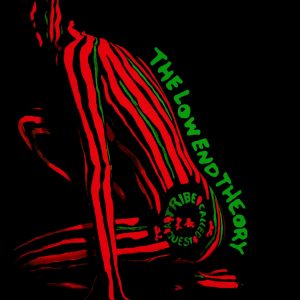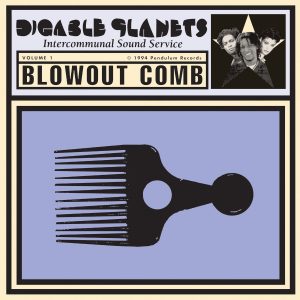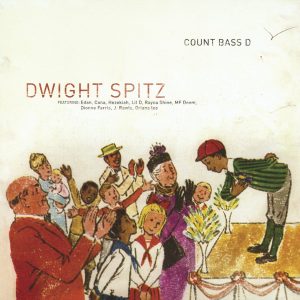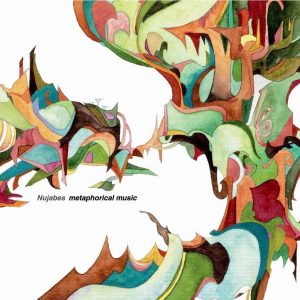Meditative and relaxing, don’t sleep on these hip hop classics
On March 23, hip hop lost A Tribe Called Quest’s Malik Izaak Taylor, better known by his stage name Phife Dawg. With fellow members Q-Tip, Jarobi White and producer Ali Shaheed Muhammad, Phife helped further redefine hip hop’s image from one of boisterous tough guy posturing to one of cultural pride. Utilizing a bevy of iconic soul samples and dexterous jazz rhythms, A Tribe Called Quest pioneered an innovative sound primarily dictated by its cool, laid back atmosphere; jazz rap.
The sub-genre has since evolved, its influence felt from the underground all the way to the mainstream. In honor of the late Phife Dawg, here are some of the most vividly detailed and intricate records from the mellow world of jazz rap.
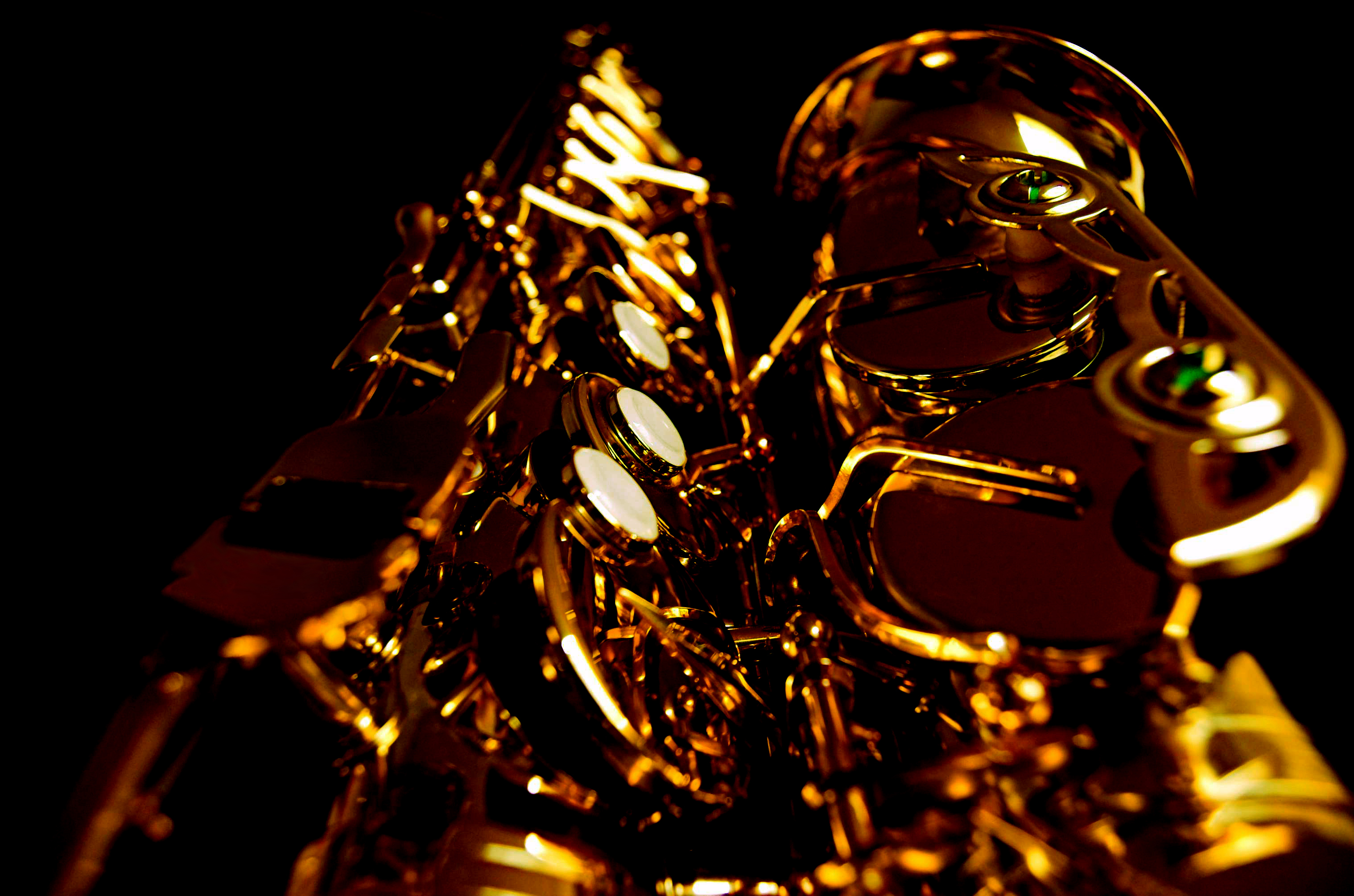
A Tribe Called Quest – The Low End Theory (1991) and Midnight Marauders (1993)
Building from their debut, the critically and commercially successful People’s Instinctive Travels and the Paths of Rhythm, A Tribe Called Quest essentially revolutionized the hip hop genre with their sophomore release. Retaining their playful and socially conscious lyricism, The Low End Theory also saw producer Ali Shaheed Muhammad employing distinct samples culled from jazz records, lending the record a cool, sophisticated atmosphere. The album also marked the true arrival of Phife Dawg; though he appeared on their debut, Phife’s contributions were relegated to only a few verses, with Q-Tip handling the rest. With a singular, high-pitched voice, the rapper introduced a playful, self-deprecating style to the group’s already defined chemistry while never mincing words when it came to social issues.
With The Low End Theory, A Tribe Called Quest’s potency and importance were proven. With Midnight Marauders however, the group’s legacy was firmly solidified. Finding a middle ground between their debut’s soul-based beats and The Low End Theory’s moody jazz backdrops, Midnight Marauders saw the group exploring urban social issues and more personal themes to stunning effect. The album also spawned the group’s highest charting single, the cheery, celebratory “Award Tour.”
Digable Planets – Blowout Comb (1994)
Though their debut Reachin’ (A New Refutation of Time and Space) found modest success based on the strength of its hit single “Rebirth of Slick (Cool Like Dat),” Digable Planets were unable to replicate its commercial performance with their second studio record. It’s a real shame given how Blowout Comb layers every inch of space with rich jazz samples and even more sumptuous live instrumentation, crafting a record that’s in turn more engrossing and rewarding than its predecessor. Though audibly breezy and chilled out, Digable Planets tackle themes of black nationalism and inner city struggles head on, painting a dour yet hopeful portrait of the east coast in the ‘90s. In short, Blowout Comb represents jazz rap at its most lavish and transportative.
Count Bass D – Dwight Spitz (2002)
While a more straightforward hip hop effort by Count Bass D, Dwight Spitz’s dreamy production and speedy, abrupt song lengths grants it an ethereal, comforting quality. With a laundry list of guest spots and collaborators, from producer J. Rawls to the enigmatic supervillain MF DOOM, Count Bass D creates a vivid tableau rife with soothing melodies and infectious hooks. What’s most surprising about the rapper/producer is how modestly and genuinely he depicts himself, detailing his love for his family, his kids, his friends and his religious beliefs. Though it’s often been compared to J Dilla’s Donuts and Madvillain’s Madvillainy, most notably for its short songs, Dwight Spitz is pretty unique, utilizing jazz rap tropes in wholly unconventional ways.
Nujabes – Metaphorical Music (2003)
Sharing a birthday with the late great producer and beatmaker J Dilla, Japan’s Jun Seba, better known as Nujabes, was equally prolific. Though his career came to a tragic end in 2010, Nujabes became known across the pond thanks to his distinctively mellowed out beats on the hit anime Samurai Champloo. Metaphorical Music, his solo debut, is a life-affirming collection of sultry smooth jazz-drenched melodies and banging instrumental hip hop beats brimming with passion. With socially conscious verses by frequent collaborators Substantial, Pase Rock, Cise Star and Shing02, Nujabes provides a intoxicatingly meditative backbone to each track. If Blowout Comb represents jazz rap at its most musical, Metaphorical Music is quite possibly the sub-genre’s most relaxing offering.

